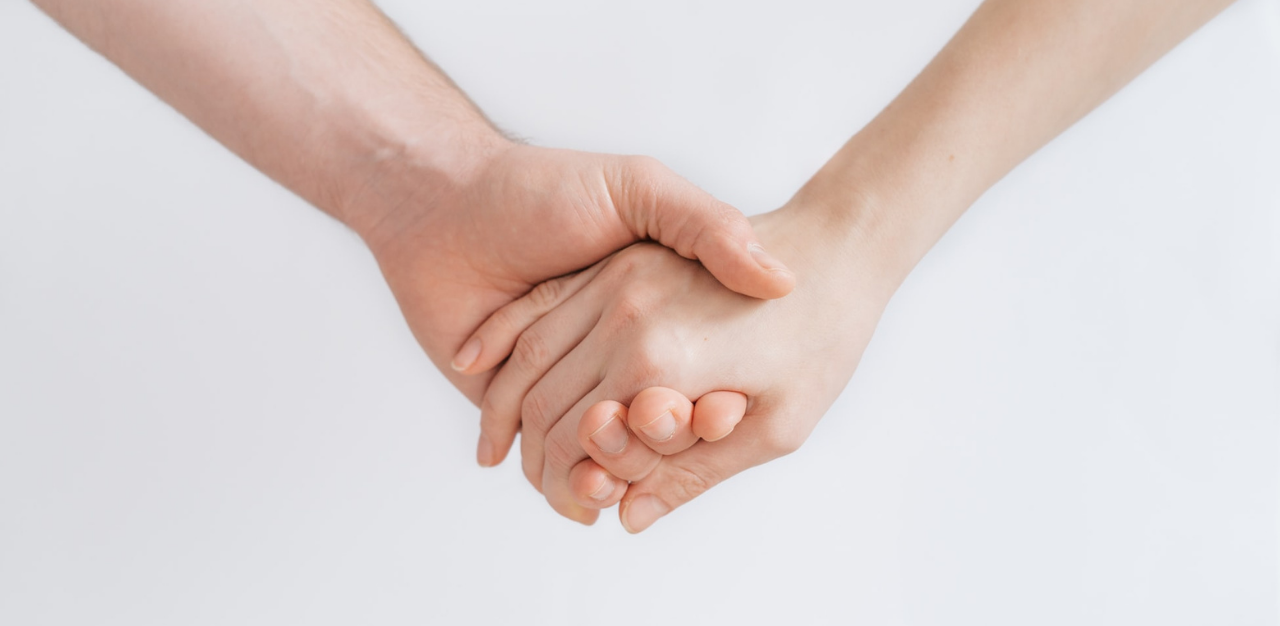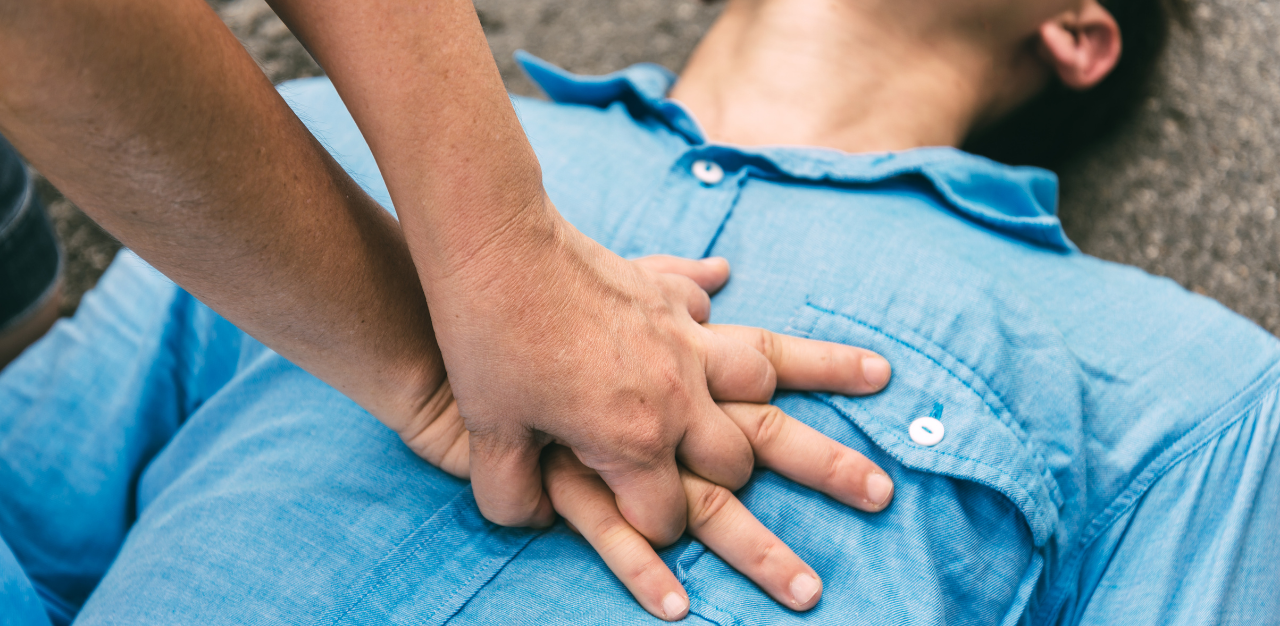Domestic violence has been on the rise due to movement restrictions brought on by the pandemic around the world. But before Covid-19 kept thousands indoors, foreign domestic workers in Singapore by virtue of their work have been susceptible to abuse by their employers (lest we forget the horrific series of actions that eventually killed Myanmar domestic worker Piang Ngaih Don in 2016 and other cases). TheHomeGround Asia asked in this earlier op-ed, how the community could do more to speak up against abuse? Besides helplines and support from NGOs, how can bystanders better offer assistance to strangers? And how can people intervene safely when it comes to both public and private conflicts? We get some answers.
Last May, the Singapore Police Force reported a 22 per cent increase in police reports of family violence since the pandemic lockdown (circuit breaker) started in April 2020. A month later, in June, NGO Association of Women for Action and Research (AWARE) reported that it had received a record number of calls (752, including messages, online chats, e-mails and referrals) to its helplines in May. It also observed a 137 per cent increase in the number of calls pertaining to family violence in that month compared to the same period in 2019.
With family violence and conflict becoming a growing concern, what are some factors that hinder or encourage people to intervene in conflicts, and what are some safe and appropriate ways in which the public can intervene?
What is involved in helping others?
Albert Lee, Assistant Professor of Psychology at Nanyang Technological University (NTU), explains that helping is “known to many as a complicated process of calculations.”
Referring to the bystander effect, he notes that one might question whether a person is in need of help, whether the potential responder has “what it takes to help”, and whether others in the vicinity want to “offer the hand of help”, in a crisis situation.
According to Psychology Today, the bystander effect occurs when “the presence of others discourages an individual from intervening in an emergency situation, against a bully, or during an assault or other crime.”
Professor Lee cites authors Latane and Darley’s five-step model that determines a bystander’s decision to intervene.
In the first instance, in terms of noticing the event, he notes that if preoccupied, one might “fail to see the needy person and miss the event altogether.”
Determining that the event is an emergency is the next step and he says that certain situations might look ambiguous or there might not be sufficient information to decide if the event requires an onlooker to take action.
“Suppose we see an old man who seems to be sleeping on the MRT for a while, [who is] not moving at all. Has he fainted? Or is he really [just napping]?,” explains Professor Lee. “If I check on him and he really is napping, that would be embarrassing for me and annoying for him,” adding that ambiguity could also result in failure to label an event an emergency.
The third step involves assuming responsibility to help. Professor Lee explains that the presence of others could dilute one’s decision to do something.
“When assistance is delayed due to the assumption that other people would or should do their part in an emergency event, we are witnessing the bystander effect in action,” he says.
The penultimate step in determining intervention involves the ability to help: “Even if we take responsibility to help someone in need, we may not have the skills to do so. There is nothing you can do for a drowning person if you don’t know how to swim, [or] have no mobile phone to call [for help].”
He adds that the final step is linked to the cost of helping. Hence if the person perceives the cost as too high, they might hesitate to step in.
The effect of “kiasi-ism’’ and the fear of losing face”
Cultural factors like being ‘kiasi’ (literally means ‘afraid of death’ in Hokkien, or describes being overly afraid or timid) or ‘kiasu’ (refers to a ‘grasping, selfish attitude’ that comes from the fear of missing out) also affect one’s choice to intervene in conflicts.
PhD student Pamela Goh suggests that the fear of “losing face” and putting one’s reputation at stake affects the decision.
Currently working on her thesis at Nanyang Technological University about helping behaviours in crisis situations, she notes that a lot of literature ignores the effects of culture: “Kiasu-ism is actually very prominent in our society, especially in [the] Singaporean context. If [we] want to examine helping behaviours or reporting behaviour, we cannot neglect [the] cultural effects of kiasu-ism or kiasi-ism; the fact that [one] knows they are losing face if they actually make a wrong report.”
Ms Goh, who has worked as a behavioural sciences researcher at a government ministry, adds that people are less inclined to intervene if they have to “sacrifice” their reputation. This is usually due to a fear of being judged.
“Especially [when it involves] calling the police and [having] investigators go down [only to] realise that it’s nothing. Then it’s something that we have to get through ourselves – the shame, the embarrassment.”
Demographic factors, such as age and gender, also impact the likelihood of helping and receiving help from others. Professor Lee explains that research shows that older people may receive more help than younger ones, and that females tend to receive more help from people as compared to males.
How the presence of other people affects one’s choice to step in
The presence of others also affects the likelihood of helping says Ms Goh: “If other people in the environment seem to be helping, you [are more likely to] actually help… The behaviours of other people have a very huge implication on [the choice to help]… It’s a pro-self versus pro-social [mentality].”

She notes that motivating the first person to help in a group of bystanders is “very difficult”, and adds that studies indicate that people trained in first aid or law enforcement are most likely to extend a hand.
“Whether the person has certain professional training will help them to make this kind of helping behaviour natural and instinctive.”
Fearing legal repercussions
A fear of legal repercussions also prevents people from intervening in conflicts.
In urgent cases, such as life-or-death situations, Ms Goh explains that some first responders worry about doing “the wrong thing”, because certain lifesaving procedures, like administering CPR (cardiopulmonary resuscitation), might involve breaking a person’s ribs in the process.
“So you’re [weighing] the odds of actually being able to save the person versus killing the person and then being blamed for [them], even though you are doing it out of goodwill [and] you genuinely want to save [them].”

When it comes to private conflicts happening behind closed doors, intervention can get trickier.
Criminal lawyer Audrey Koo, a Senior Associate at Populus Law, explains that if a person enters another person’s home after hearing or witnessing domestic abuse and tries to restrain the perpetrator, they can be found guilty of trespassing or even housebreaking. She defines it as “intentionally breaking in with the intent of causing mischief, annoyance or nuisance to the house owner.”
But she notes that prosecutors will “consider the circumstances” prior to charging a person, adding that it is highly unlikely that someone would get charged in such an instance: “I would say the risk is not very high if you intervene with appropriate force or in an appropriate manner.”
Ms Koo advises, “It depends on the circumstance. [For example], if the person is going to beat his [family member] or if you [only] suspect that he’s beating [them] and it hasn’t happened yet, it’s probably best not to use force in any manner. You should just shout out [to stop them].”

Encouraging public intervention
For public conflicts, Professor Lee explains that intervention during an emergency is increased when a person takes charge of the situation and assigns bystanders to different roles.
“For example, as opposed to saying, ‘Can someone call the ambulance for this guy while I take care of his wound?’, single someone out and ask, ‘The girl in [the] t-shirt, call the ambulance for this guy while I take care of his wound’,” he says.
Ms Goh suggests that informing the public of the legal repercussions of intervening to provide greater reassurance may result in them being more likely to help. And adds that the ability to remain anonymous when helping, such as in calling the authorities, can also increase a person’s willingness to intervene.

Intervening safely
With these factors in mind, how can members of the public intervene safely?
For private conflicts, such as an instance of physical violence in private spaces, Ms Koo recommends calling the police immediately, and then telling the perpetrator to stop and informing them that the police is on its way.
“If you only hear or suspect that there is family violence, just call the police, and they will investigate the situation,” she says. “Most of the time, there is very little merit in getting involved… It depends on the degree of your involvement. Are you just shouting at the person? Or are you actually getting physically involved? There’s quite a big difference.”
Ms Goh adds that people who wish to help should prioritise their own safety.
“Based on their quick judgment of what they can see.. If a victim requires certain things that you know you can offer, then by all means help,” she advises. “If you realise that you cannot help the person because it’s beyond your means, don’t help – because [what] you do may actually aggravate [the situation]. That will go against the purpose of helping that person.”
Join the conversations on THG’s Facebook and Instagram, and get the latest updates via Telegram.












